In today’s rapidly evolving world, the integration of finance, technology, artificial intelligence, and healthcare is transforming the way we live, work, and interact. These sectors are becoming more intertwined, creating new opportunities, challenges, and advancements that impact both individuals and society as a whole. In this article, we will explore the interconnected nature of these fields and how they are driving societal change.
Finance: The Modernization of Finance
Finance has undergone significant transformation in recent years, primarily driven by advancements in artificial intelligence. The traditional financial system, once dependent on physical infrastructure and human labor, is now evolving into a more automated, decentralized, and data-driven ecosystem. As a result, digital currencies, such as Bitcoin and Ethereum, have emerged, offering new ways to conduct transactions, store value, and invest. These innovations are reshaping how we think about money and financial services.
One of the most notable developments in the financial sector is the rise of fintech companies, which leverage technology to provide more efficient and user-friendly financial services. From mobile banking apps to peer-to-peer lending platforms, fintech has democratized access to financial resources, enabling more people to engage in the global economy. Additionally, artificial intelligence (AI) and machine learning (ML) are being used to improve risk management, fraud detection, and investment strategies. AI-powered algorithms can analyze vast amounts of data, identify patterns, and make predictions with greater accuracy than ever before.
Moreover, blockchain technology, which underpins cryptocurrencies, is also making waves in the finance world. Its decentralized and transparent nature allows for faster and more secure transactions without the need for intermediaries. This has the potential to revolutionize industries beyond finance, such as supply chain management, healthcare, and even voting systems. The integration of finance and technology is enabling greater financial inclusion, improved security, and reduced costs, but it also presents new challenges related to regulation, privacy, and cybersecurity.
Technology: Transforming the World Around Us
Technology is at the heart of nearly every innovation we see today, from the way we communicate to the way we work and live. The rise of AI, ML, and IoT have revolutionized industries such as healthcare, manufacturing, education, and entertainment. These advancements are enabling automation, enhancing productivity, and opening new possibilities for solving complex problems.
In healthcare, for instance, AI is being used to analyze medical data, diagnose diseases, and personalize treatment plans. Machine learning algorithms can sift through millions of medical records to identify trends and predict patient outcomes, leading to more accurate and timely diagnoses. Telemedicine, powered by AI and high-speed internet, is expanding access to healthcare, particularly in remote or underserved areas. Similarly, slot demo pg that monitor vital signs are helping individuals take control of their health by providing real-time feedback.
In the financial sector, technology is driving the development of blockchain, smart contracts, and decentralized finance (DeFi). These technologies aim to provide more transparent, secure, and efficient systems for exchanging value, eliminating the need for traditional intermediaries like banks. Moreover, advancements in quantum computing could revolutionize cybersecurity, cryptography, and data processing, offering solutions to challenges that are currently beyond the capabilities of classical computing.
The rapid development of technology is not without its concerns, however. Privacy issues, ethical dilemmas, and the potential for job displacement due to automation are some of the challenges that need to be addressed. As AI continues to advance, there are concerns about its potential misuse, from biased algorithms to the development of autonomous weapons. It is essential to establish ethical frameworks and regulations to ensure that technology serves humanity’s best interests while mitigating its risks.
Intelligence: Human and Artificial
Intelligence, both human and artificial, plays a crucial role in shaping the future of finance, technology, and healthcare. Recent advancements in AI have enabled machines to carry out tasks that were previously thought to be exclusive to human intelligence. From language processing to image recognition and decision-making, AI is transforming the way we approach problems and challenges.
However, despite AI’s impressive capabilities, it is still far from replicating the full range of human intelligence. While AI can process vast amounts of data and make decisions based on patterns, it lacks the emotional intelligence, creativity, and intuition that humans possess. This is why many experts believe that the future of AI will involve a hybrid approach, where humans and machines work together to solve problems and create new innovations.
One of the most exciting areas of AI research is the development of general artificial intelligence (AGI), which aims to create machines with cognitive abilities comparable to human beings. If successful, AGI could have profound implications for society, including the automation of complex tasks, the enhancement of scientific research, and the creation of more personalized services in healthcare and finance. However, AGI also raises important ethical questions about the role of machines in society and the potential risks of creating entities with superhuman intelligence.
In the context of healthcare, AI-powered systems are improving patient outcomes by assisting doctors with diagnostics and treatment recommendations. These systems can analyze medical data more efficiently than human doctors, identifying patterns that might be missed in traditional consultations. The combination of human expertise and AI could lead to more accurate diagnoses and better healthcare delivery overall.
Health: Advancements in Healthcare and Their Impact on Society
The relationship between health and technology is becoming increasingly important as medical advancements continue to improve both the quality and longevity of life. Technological innovations in healthcare, such as wearable devices, telemedicine, and personalized medicine are revolutionizing the way we approach health and wellness.
Wearable devices, such as fitness trackers and smartwatches, have empowered individuals to take control of their health by monitoring vital signs like heart rate, blood pressure, and sleep patterns. These devices provide real-time data that can be used to adjust lifestyle choices and prevent health issues before they become serious. Additionally, advancements in genomics and personalized medicine are enabling treatments that are tailored to an individual’s genetic makeup, offering more effective and targeted therapies.
Telemedicine, powered by high-speed internet and AI, has expanded access to healthcare services, particularly in rural or underserved areas. Patients can now consult with doctors remotely, reducing the need for in-person visits and making healthcare more accessible. This has proven especially beneficial during the COVID-19 pandemic, when social distancing and lockdowns made traditional healthcare visits difficult or impossible.
AI and big data are also playing a significant role in medical research, helping scientists discover new treatments and vaccines. By analyzing large datasets of medical information, AI can identify patterns that may lead to breakthroughs in disease prevention and treatment. Furthermore, AI-powered robots and automation are assisting in surgeries, improving precision and reducing human error.
While these advancements have improved healthcare outcomes, they also raise concerns about privacy, data security, and the ethical implications of using AI in decision-making processes. As healthcare becomes increasingly digitized, it is crucial to ensure that patient data is protected and that AI systems are used responsibly.
Conclusion: An Integrated Future
The convergence of finance, technology, intelligence, and health is paving the way for a more interconnected and innovative world. As these fields continue to evolve, they will shape the future of society in profound ways, offering new opportunities for personal and collective growth. However, with these advancements come challenges that require careful consideration, regulation, and ethical frameworks to ensure that technology serves humanity’s best interests. By embracing the potential of these fields while addressing their risks, we can build a future that is not only technologically advanced but also equitable, sustainable, and beneficial for all.
How Finance, Technology, Intelligence, and Health Are Shaping Our Future
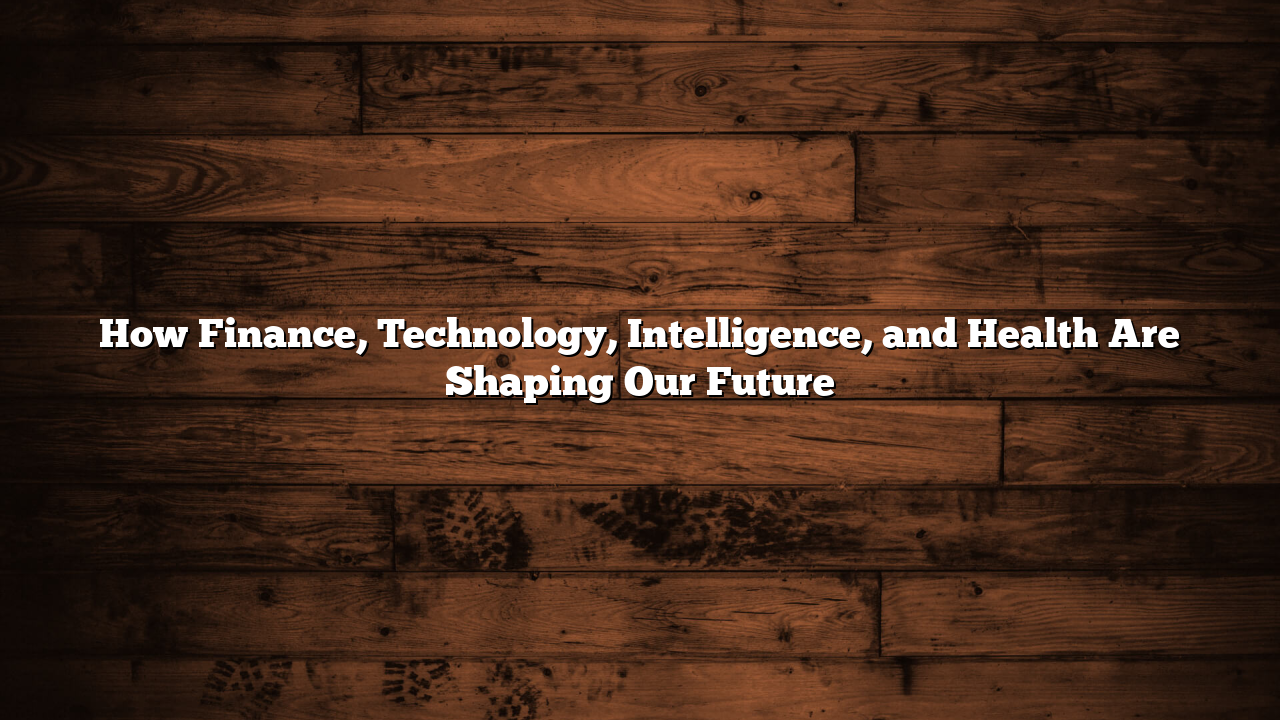
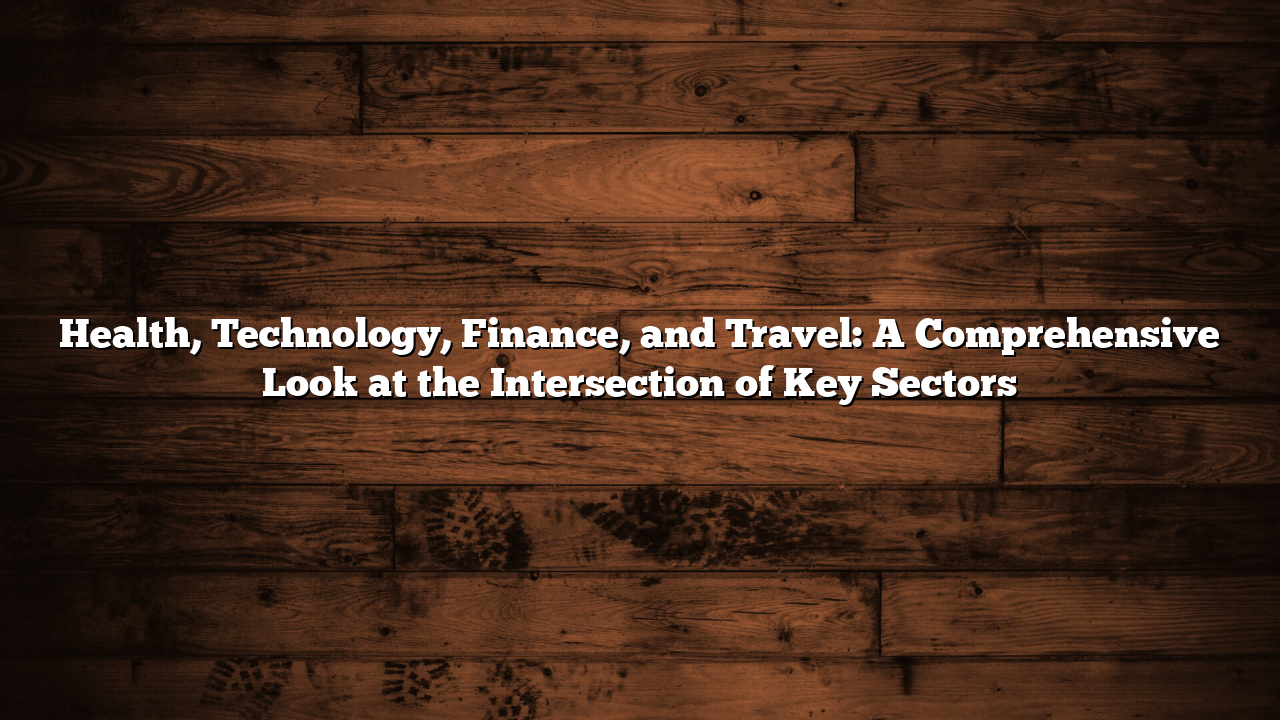
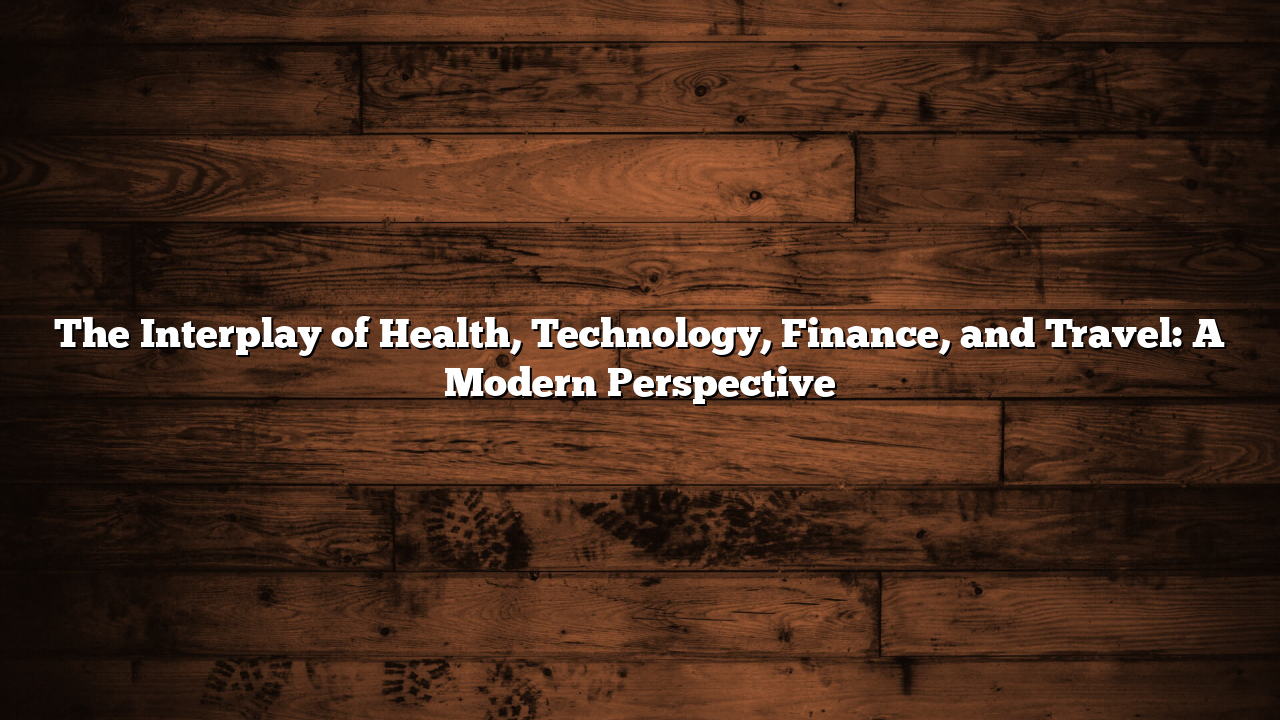
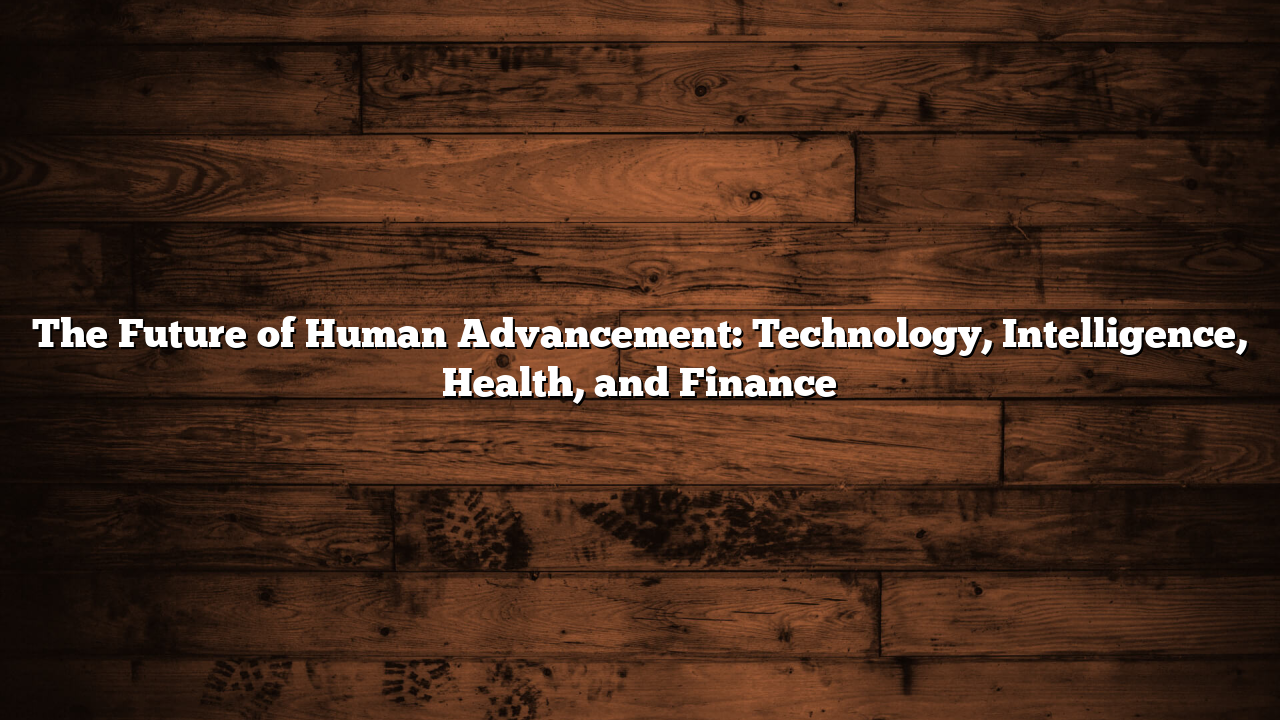
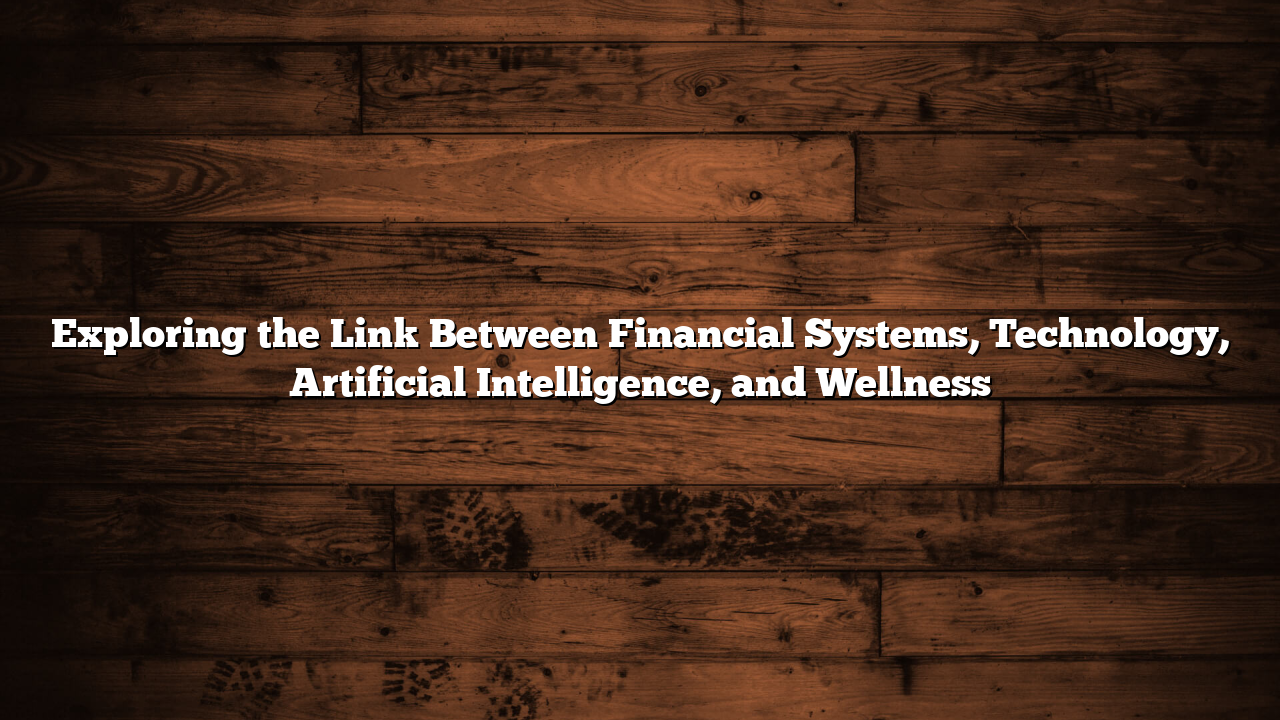

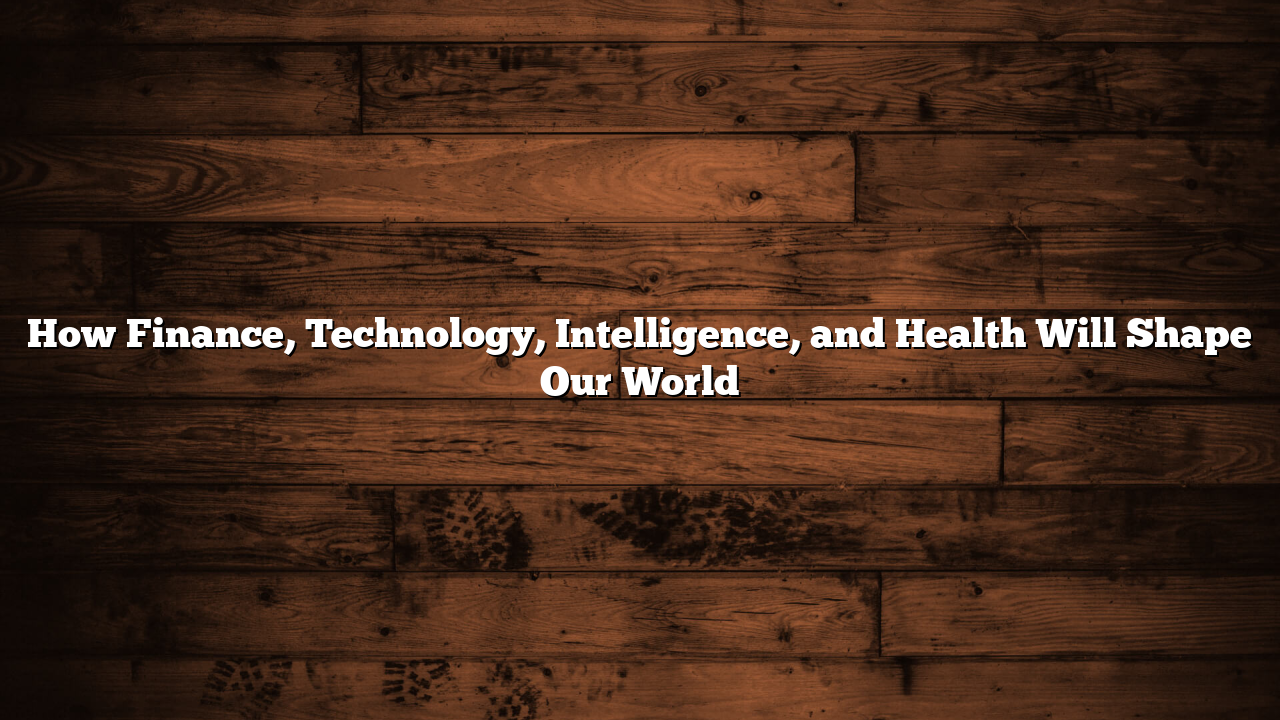
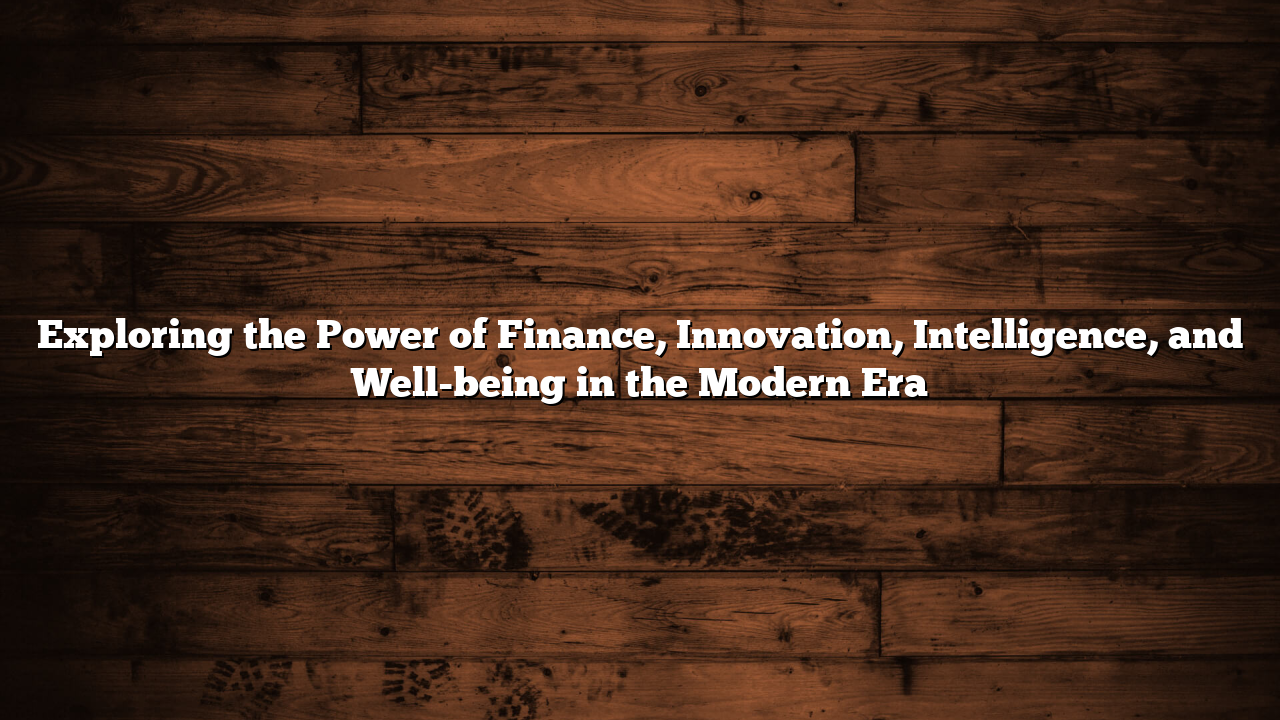
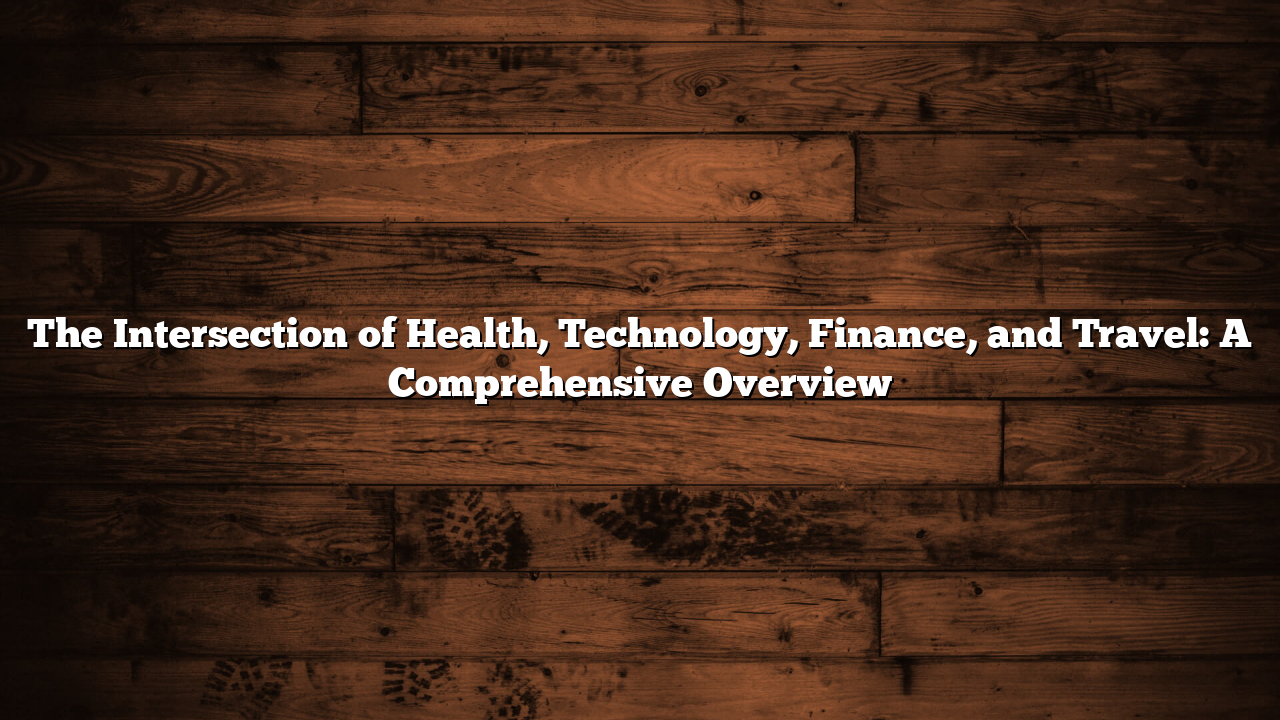
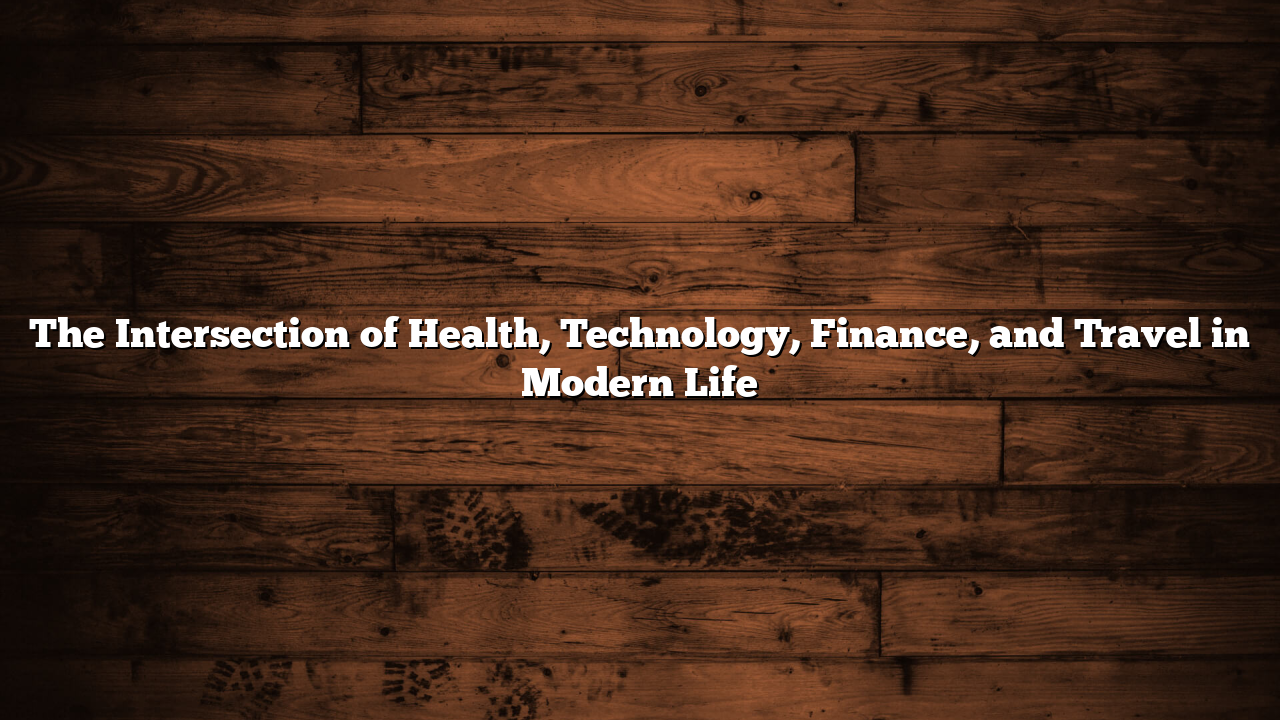
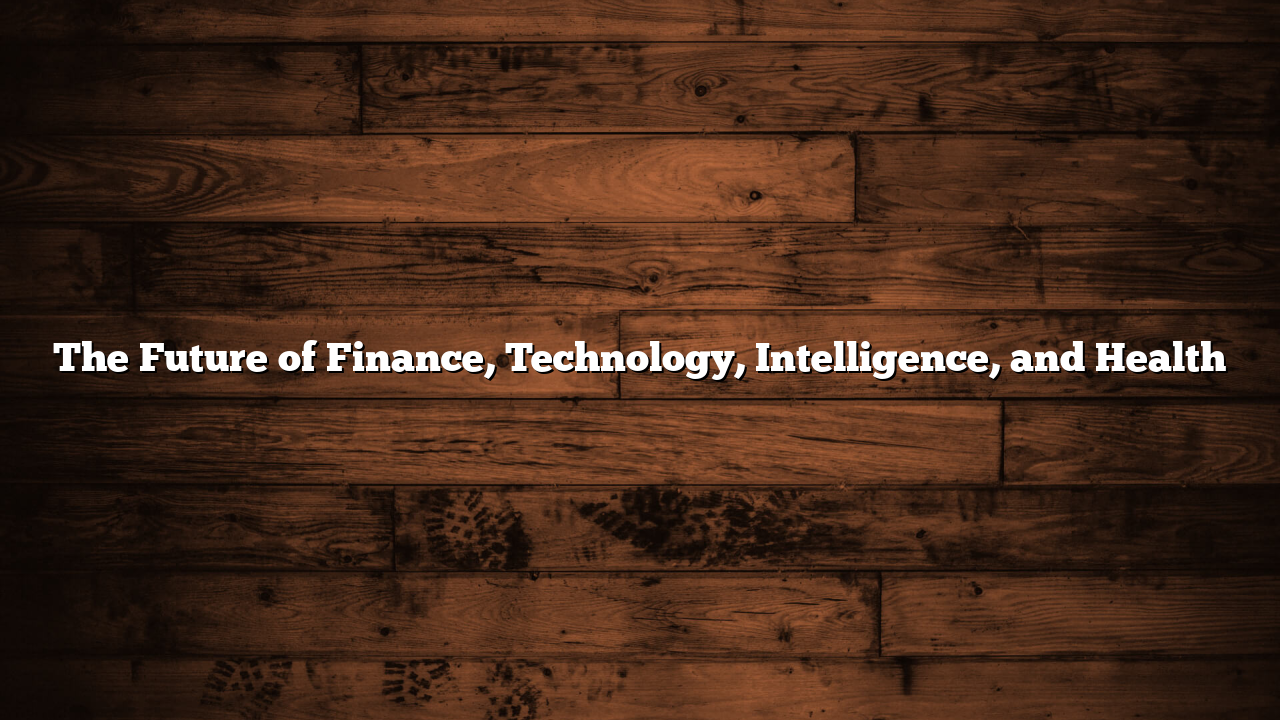
Leave a Reply